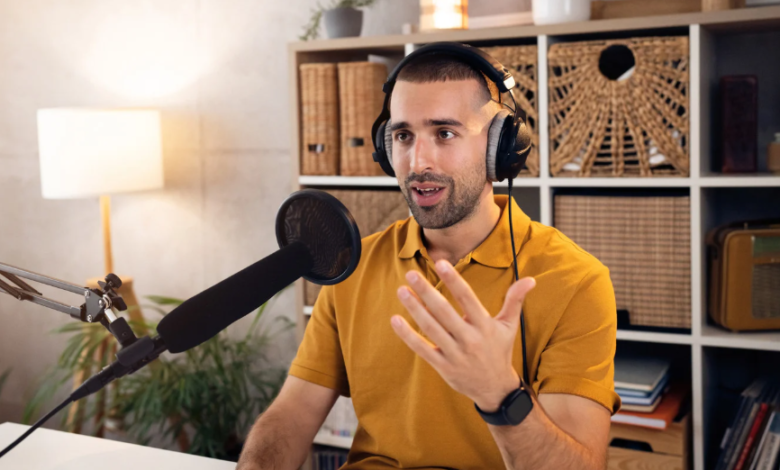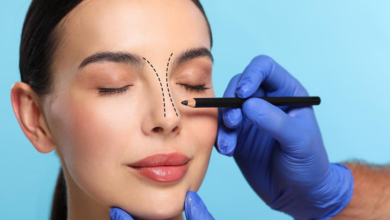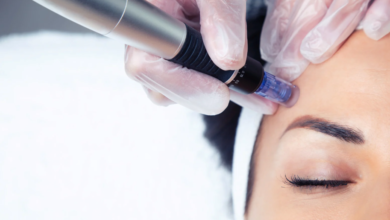The Role of Recovery Podcasts in Educating Listeners on Holistic Care

Holistic care in addiction recovery focuses on treating the whole person, mind, body, and spirit, rather than addressing symptoms alone. This approach emphasizes emotional well-being, physical health, and long-term lifestyle changes that support sobriety. In today’s digital era, the best recovery podcasts have become a powerful medium for spreading awareness about holistic care. By combining professional insights with personal stories, these podcasts educate listeners on the benefits of integrating comprehensive strategies into recovery journeys.
Educating Listeners Through Personal and Professional Voices
One of the most engaging aspects of recovery podcasts is the balance between lived experiences and expert advice. Listeners hear directly from individuals who have faced addiction, as well as from counselors, therapists, and wellness professionals. This dual perspective offers a deeper understanding of recovery that resonates on both personal and educational levels. Episodes often explore how practices like mindfulness, nutrition, and physical activity support long-term sobriety. By framing holistic care as a realistic and achievable part of recovery, podcasts encourage individuals to explore new tools and strategies that may complement traditional treatment methods.
Exploring Alternative Therapies in Recovery
Another strength of podcasts lies in their ability to introduce audiences to lesser-known therapies. From yoga and meditation to art therapy and acupuncture, these approaches are increasingly recognized as effective complements to conventional care. Recovery podcasts can serve as an alternative therapy to reduce stress, improve self-awareness, and strengthen emotional resilience. Listeners benefit from learning about the science behind these methods, as well as hearing real accounts of how they have helped others. This knowledge empowers individuals to make informed choices about which approaches may best support their own healing process.
Promoting Community and Accessibility
Podcasts also foster a sense of community, which is crucial for holistic recovery. Listeners feel connected to others walking a similar path, even if they are tuning in privately. This shared experience reduces isolation, which is often a barrier to successful recovery. The accessibility of podcasts, available anytime and anywhere, ensures that support and education are within reach when they are needed most. Recovery podcasts for addiction support further highlight how these platforms create an ongoing resource for encouragement and accountability. For individuals hesitant to attend in-person groups, podcasts can serve as a stepping stone toward building more direct connections in recovery communities.
Encouraging Lasting Lifestyle Changes
Holistic recovery is not only about immediate healing but also about cultivating habits that support long-term wellness. Podcasts often highlight practical strategies for stress management, balanced nutrition, exercise, and maintaining emotional stability. By consistently reinforcing these lifestyle changes, listeners can view recovery as an ongoing journey of growth rather than a single milestone, making sobriety more sustainable.
Conclusion
Recovery podcasts are transforming education around holistic care by blending expert knowledge with authentic personal stories. They empower listeners to explore alternative therapies, adopt healthier lifestyles, and stay connected to supportive communities. Through this accessible format, podcasts continue to play an essential role in guiding individuals toward comprehensive and sustainable recovery.





